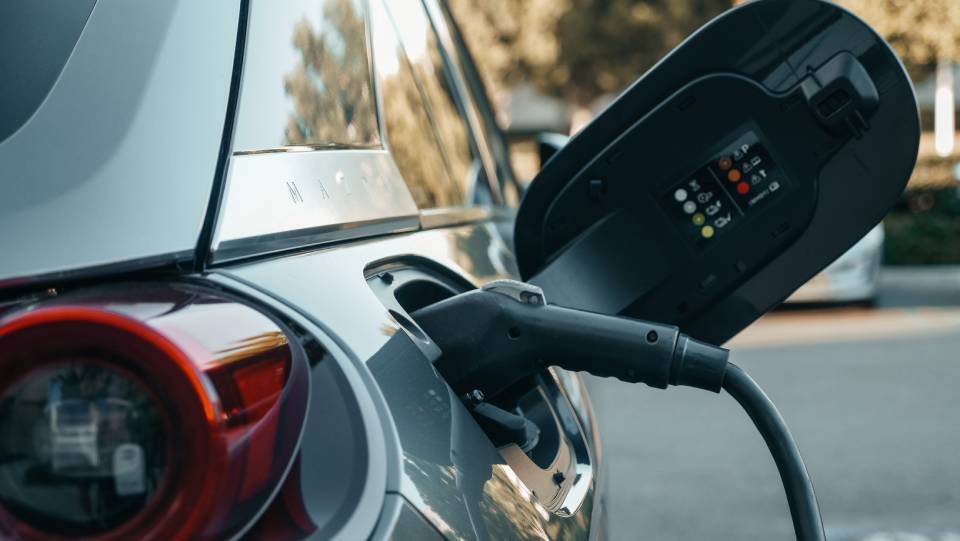Research being done at Lakehead University could eventually reduce repair and maintenance costs for electric vehicles (EVs).
Dr. Wilson Wang, a professor of mechanical engineering at the Thunder Bay school, is undertaking a new research project that will develop new techniques and tools for intelligent diagnostics for EVs.
His work involves creating a gearbox prognostics simulator and a motor test workstation, which focus on the EV powertrain, including mechanical transmission systems, electric motors and batteries.
Ultimately, the research could lead to the replacement of traditional preventive maintenance strategies, make EV operation safer and more reliable, and reduce repair and maintenance costs by preventing periodic machine shutdowns when manual inspections are normally conducted, according to Lakehead.
Wang’s project is being funded with a grant of $102,671 from the John R. Evans Leaders Fund, provided by the Canadian Foundation for Innovation (CFI).
In addition to improving the maintenance and repair experience, the initiative will contribute to the expertise and skill set of workers in this emerging sector, Wang said.
“This research program will also provide a unique opportunity to train excellent highly qualified personnel at different levels, who will acquire outstanding knowledge and skills,” Dr. Wang said in a March 4 news release.
“These individuals will be invaluable and are critically needed, not only in the related academic fields, but also in a wide array of Canadian industries to improve production quality, productivity and safety."
EV-related activity is increasing across the North, with work continuing on the development of a Northern Ontario technology hub that would centre on EV technology.
The Ontario Vehicle Innovation Network (OVIN) issued a request for proposals in December for proponents wanting to host the centre, which would focus on battery technology and electrification.
Specifically, work at the proposed centre is expected to strengthen the EV battery supply chain, from refining the critical minerals that go into a battery to battery cell design, EV powertrain, manufacturing and other activities.
OVIN is expected to announce the host community for the centre some time in March.
In Sudbury, Cambrian R&D recently received funding to continue development on its proposed battery EV lab, which a 5,600-square-foot, $2.8-million facility where researchers would work alongside mining industry partners to accelerate the development of vehicle technology and performance testing, while also providing training for future tradespeople to work on battery electric mining vehicles.
Meanwhile, activity around the mining of minerals for EV battery manufacturing is ramping up in the North.
Electra Battery Materials announced on March 7 that construction is set to begin this month on its cobalt and nickel refinery in Temiskaming.
The Toronto-based company has plans to develop a battery metals park that would process cobalt hydroxide into cobalt sulfate, a critical material needed to manufacture EV batteries.
By 2026, the complex is also expected to be processing nickel, recycling batteries, and blending cobalt and nickel into a battery precursor material.




